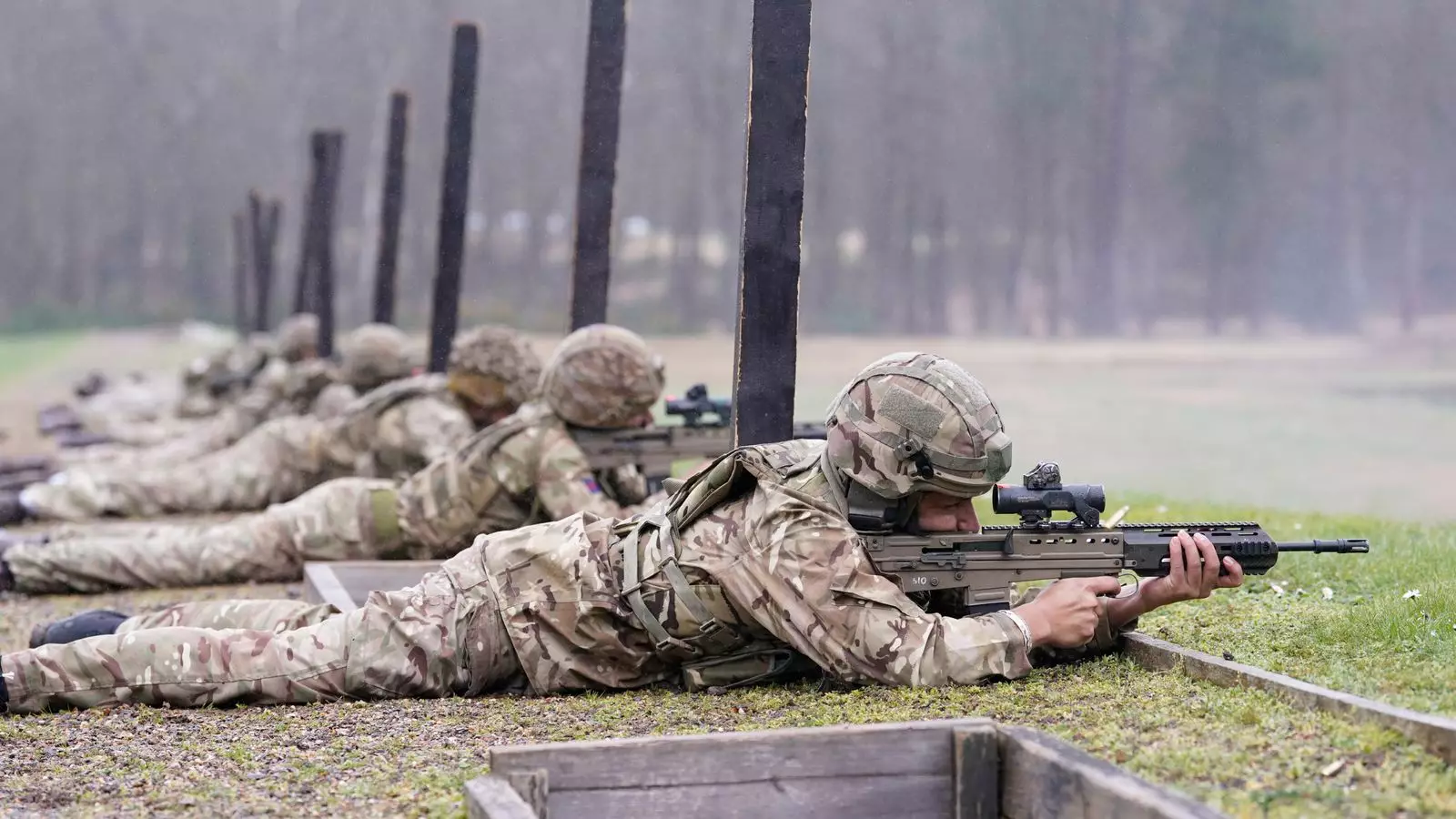Former defence minister James Heappey has highlighted a critical issue plaguing the UK – the lack of preparedness for war. According to Heappey, many government departments declined the opportunity to participate in a “whole of government” exercise focusing on evacuating to a bunker in the event of war. This reluctance is indicative of a broader ignorance towards armed conflict within Whitehall.
Heappey lamented the absence of various departments in the exercise, as it would have highlighted the outdated nature of many procedures. This failure to engage in war preparation exercises underscores a concerning lack of readiness within the UK government.
Sky News recently uncovered that the UK currently does not have a national plan for the defense of the country or the mobilization of its people and industry in the event of war. This revelation is alarming, considering the renewed threats of conflict that are looming on the horizon. The absence of a comprehensive defense plan reflects a glaring gap in the UK’s national security strategy.
Heappey emphasized the need for a renewed focus on strategic resilience, which involves securing food and energy supplies, repurposing industry for weapon production, and allocating more financial resources to defense. This shift in approach is imperative to enhance the UK’s preparedness for potential conflict scenarios.
Heappey commended Sweden for its proactive approach in preparing its citizens for potential conflicts. He shared his experience of receiving a booklet from the Swedish civil defense minister outlining citizens’ roles and responsibilities in times of war. This proactive and comprehensive approach in educating the populace stands in stark contrast to the UK’s lack of preparedness.
During the Cold War, the UK constructed a vast network of bunkers to ensure the continuity of government functions in the event of a nuclear attack. However, the disuse of these bunkers since the end of the Cold War in the 1990s underscores the lack of priority given to maintaining essential infrastructure for national defense.
Heappey’s critical assessment of the UK’s preparedness for war serves as a wake-up call for policymakers and government officials. The absence of a comprehensive national defense plan, outdated procedures, and neglect of essential infrastructure highlight the urgent need for a paradigm shift in the UK’s approach to national security.
The UK’s lack of preparedness for war poses a significant threat to its national security and stability. It is essential for the government to heed Heappey’s warnings and take immediate action to address the deficiencies in its defense strategy. Only through proactive measures and strategic investments in national security can the UK hope to navigate the turbulent waters of global instability and conflict.


Leave a Reply